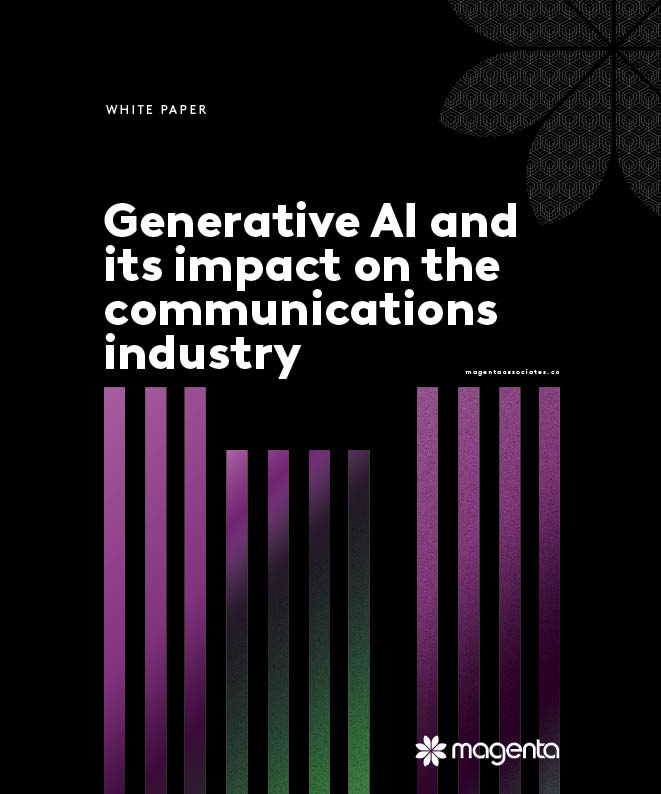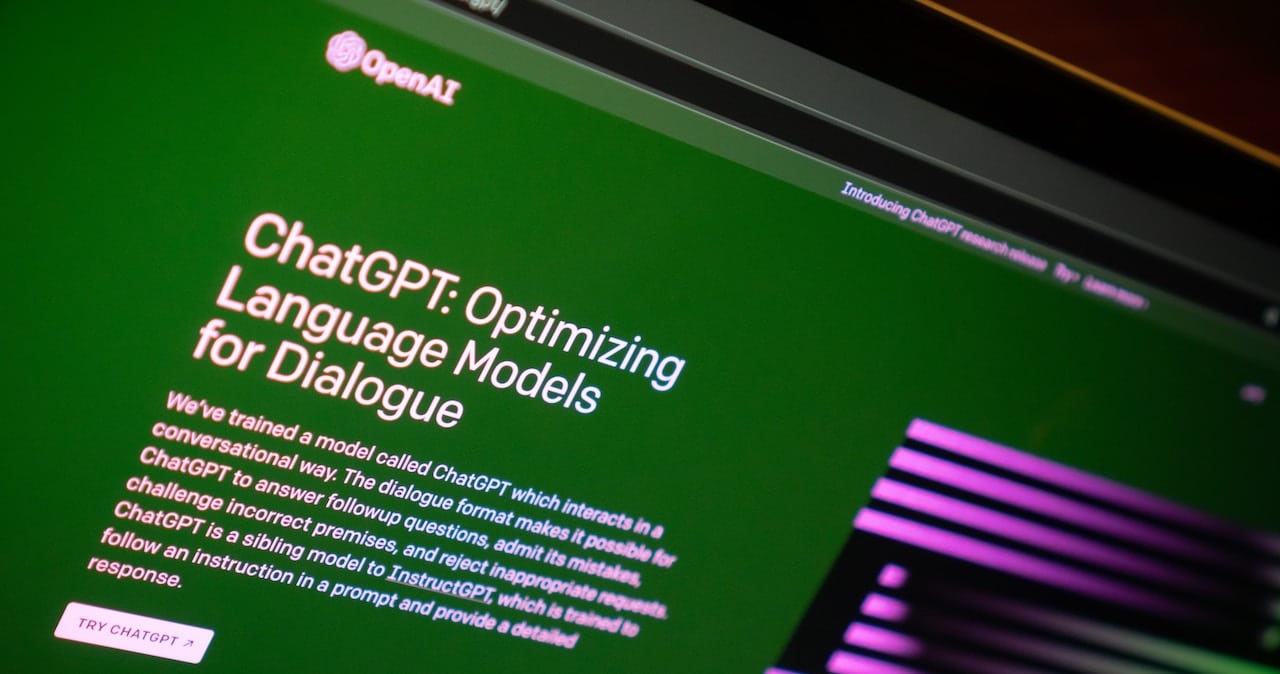Magenta Associates, the communications specialist for the built environment, has released a white paper that explores the implications of generative AI on content creation and communications.
The white paper, called ‘Generative AI and its impact on the communications industry’, is free to download from the Magenta website.
The impact on communications
Along with the entire communications industry, Magenta has been keeping a close eye on developments in generative AI, with sectors from PR to marketing considering the implications that it may have on their roles.
In this white paper, Magenta takes a deep dive into generative AI, including an overview of what it is, why it caught the public attention, what uses it may have, its limitations, and the implications on the communications industry.
The paper features contributions from three experts in the field:
- Dr Tanya Kant, a senior lecturer at the University of Sussex who has published work on chatbots, explores the authenticity of human writing and the ethical implications of using generative AI tools.
- Mat Bennett, a digital marketing and technology expert, discusses how humans and search engines may react to AI-written content.
- Helen Swaffield, director and barrister at CLC Contract Law Ltd, considers the legal repercussions of using such software, including Government regulations and copyright issues.
How should the profession respond?
While the paper explores many issues, in a nutshell it concludes that:
AI might be capable of generating content, providing insights and data analysis, and assisting with tasks such as appointment scheduling, but it doesn’t have the creative vision, emotional intelligence, and human touch that is required for good marketing and communications.
Jo Sutherland, MD at Magenta Associates, said: “It’s easy to see why people are excited about generative AI tools such as ChatGPT. However, while these tools might be fun for making up a song about your friend, use in a business setting requires strategic thinking and guidelines for employees. Put simply, generative AI cannot produce quality content that will resonate with readers. It should be thought of as one of many tools that communication professionals have in their arsenal. In which case, the industry is not under threat from ChatGPT or any other similar tool”.
Greg Bortkiewicz, senior consultant – digital marketing specialist at Magenta Associates, said: “Generative text AI tools can only produce content from the datasets they learn from, which are usually outdated – ChatGPT does not know about anything after September 2021. So the content will not be new or insightful, which are key factors in a successful SEO programme. AI tools can help with basic research and menial tasks, but humans – and subject matter experts – are needed to ensure content stands out and performs well in search engines”.

Download ‘Generative AI and its impact on the communications industry’ for free at www.magentaassociates.co.









